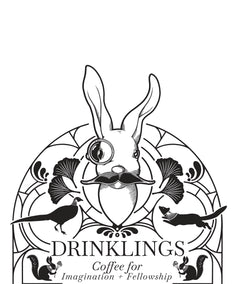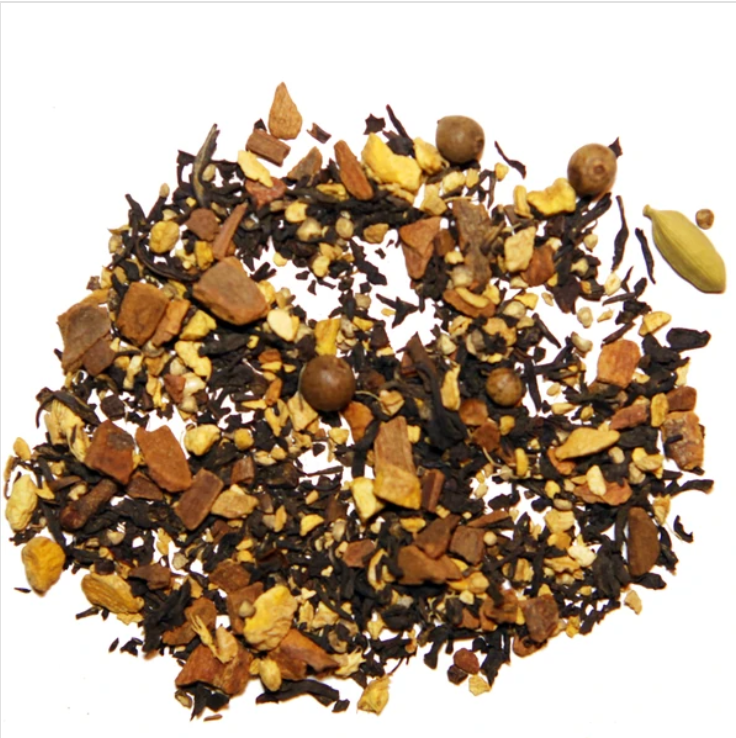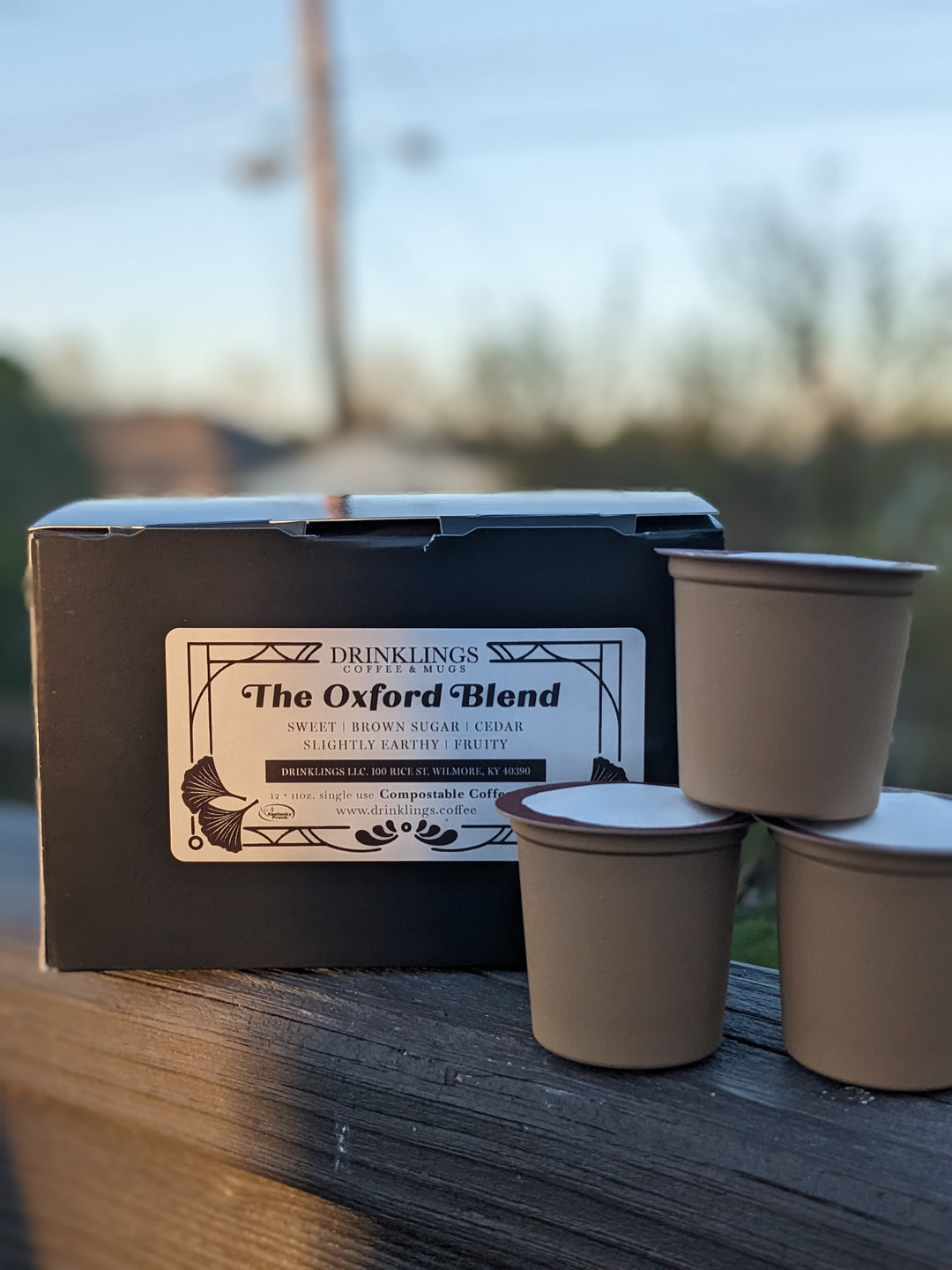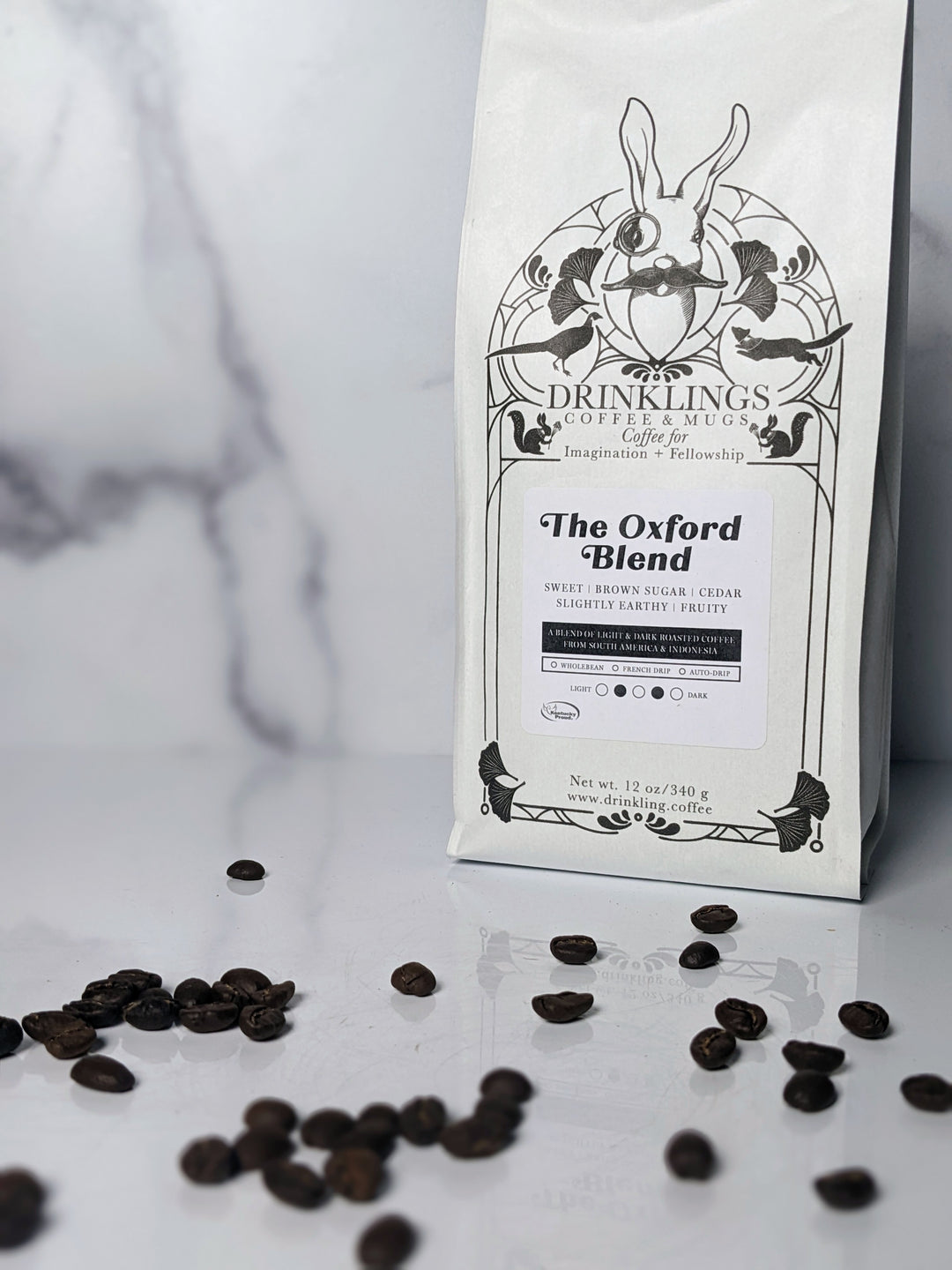The Questions We've Been Asking Lately
There is one truth that I have held onto over the years of both personal and circumstantial challenges: there are always lines of silver on the horizon. This does not mean that “everything happens for a reason” (that’s not a belief I hold, personally) nor does it mean, as a friend recently said to me in the midst of some difficult life choices, that “everything will work out just fine” (that simply doesn’t correspond to reality). What it means is that there are always different ways of looking at things and that the discovery of silver always goes hand in hand with how far you’re willing to travel to reach the horizon.
And so with Drinklings’ many of our questions for the past several months have been centered around “what can we be doing?” in a business that has been hit fairly hard by the economics and protocols associated with the pandemic. Like many businesses around us, neither our business model nor the market in which it contextualized itself could be considered suitable for long term sustainability during a significant downturn. We live in a rural setting with two institutions and a moderate to high fluctuation of customer engagement that we rely on to keep us afloat. The continual refrain circumferencing all such businesses that rely on factors such as this was this: “Adapt, Adapt, Adapt!”
For the first couple of months, we adapted in many ways, but only with limited results. Believe it or not (a warning to those who have a romantic view of entrepreneurship and coffee shops in particular), the coffee business is not a high-profit industry (if it is a profit industry at all!). So when 25-40% of your revenue stream is eliminated overnight, one is faced with two questions: 1) Do we just close up and go home? and 2) If we don’t, how do we ‘fix’ our problem of a sinking business?
As you might surmise, we didn’t choose option one. First of all, starting the roastery was essentially starting a new business that just adopted parts of the old one--and that meant navigating things like assumed debt, resources, and expenses that were part of the long haul vision of 2019. Claiming bankruptcy on the business seemed like a last-ditch option, not a first-rounder.
But second, and more importantly, despite my personal introversion and high dislike of conflict, I don’t run from challenges or challenging situations if the consistency of my principles and faith requires that I see them through to their end. And the necessity of adhering to one's principles and faith have come into play a lot over the past few months.
Edwin Friedman, in his remarkably important book A Failure of Nerve (one a fellow pastor friend described to me as “the most important leadership book” he’d ever read--an assessment that I must agree with), notes that one of the dismal traits of American institutional leadership (both in relationships and in organizations) is an emphasis on a quick-fix mentality. One sees this all the time in organizations and businesses that continually “try this” and “try that” in an effort to beat downward trends and I have felt (and experienced through such attempts) that technique and quick-fix adaptations are simply insufficient as long term strategies. This doesn't mean we shouldn't try new things, make smart decisions, work to improve our service and quality, etc. What it means is that quick adaptations are extremely insufficient as a long term strategic sustainability. We may be able to adapt and win today but what about tomorrow? Or next week? Or next month? With a pandemic insight for the better part of a year, any adaptations that needed to be made could not be quick-fix adaptations.
This feeling also coincided with another question we have had to ask from the beginning: “what does it mean to be missional?” In the earlier phases of Drinklings (what I will call Drinklings 1.0) the focus was on social justice conversations and giving financially to organizations that were doing good work in those areas. There were some good things that happened there but, obviously, as an organization that was extremely far from a day-job and more like a casual hobby, the missional work always felt a bit abbreviated, inconsistent, and wandering for a strategic home. In truth, I never felt satisfied with our approach to "social entrepreneurship." A genuine philosophy of missionality was needed, not merely the desire and not merely “options” for how we could do good. When the Drinklings Roastery started in March of 2019 (Drinklings 2.0), it became exceptionally clear that the missional part of our focus as it had been was not going to work. This was for a variety of reasons, but it was clear that as an essentially different organization, we required a complete re-working of everything, including the missional elements.
In full admission, at times, I considered hanging up the slogan “coffee with a mission” because I felt like we were being inadequate. That is not to say we didn’t do anything missional. There was a good bit that was done, some of which was public and some that was not. But it was neither consistent nor clearly communicable--there was no major theme to what we did, no overarching purpose, no goal, no major metrics, and no way to honestly answer how the “mission” really adapted with our identity. I felt like anytime I was asked about “the mission” I gave a smattering of answers that left both me and the individual opposite me a bit confounded. In the turmoil of starting something new and crazy and big, the concept of "mission" took far more of a backseat than it ever should have.
Nevertheless, as noted, there was a central burning conviction that this business was not here to simply be a business. It was here to do something good beyond its doors. It was a conviction that Christians who step foot in the business world must always leave the other foot in the Kingdom world. How were we to do that in the best way we can? That was murky. But it was foundational. And it was waiting.
In hindsight, waiting was as necessary as it was frustrating. There were some pieces of life (both professional and personal) that needed to be addressed, resolved, moved, organized, and stilled before anything could be clearly heard or communicated. In my experience, God does not have a habit of providing directions to the shore until one accepts the fact that the stilling of the seas is not something that can be done without total surrender and an overall giving up on one's own capabilities to do so. I should note that while I am working at this surrender, I am certainly not where I want or need to be. But at the same time, part of reform is a commitment to always reforming, part of stillness is always remembering to breathe out and accept the present moment in its entirety for what it is, and part of "dying" is always remembering that nothing we make is truly ours: everything is given and for purposes that are far beyond what we see day-to-day.
These are lifelong lessons I will continue to aspire to know more of.
Coincidentally, almost to the day of the one year anniversary of The Drinklings Roastery, the future orientation and missional purposes started to come into coherency and with a confidence that can only be described as a "lucid hearing." This was no 'aha' moment as if it all happened with the strike of a light bulb. It was a leveling.
And it coincided with Covid.
And it coincided with an opportunity.
An opportunity to what? An opportunity to slow down, to deconstruct, to ask good questions, to seek advice, and to really contemplate what Drinklings was in the past, was in the present moment, and what it could be in the future.
Over a period of several months, the old business plan was scrapped to its bones. Working from the ground up, we began asking some rather fundamental questions for the long view: Who are we? Why are we here? What are our core values? What is our opportunity? Where do we want to go? What do we really care about? What are we strategically positioned to do? What do we want this thing to look like when it's done?
Asking these questions in full and transparent honesty was, for me, the first time I had really done so with the necessary space for the answers to come. My number one Strength-Finder is ‘Ideation.’ My number one weakness? 'Ideation.' A dangerous combination. And one that if answers for a new iteration of Drinklings are going to take root at a genetic organizational level, I needed to move out of the way and stop putting confidence in my ability to force the adaptations. Not to drive the analogy too far, but forced adaptations rarely work out for the long term health of an organism.
Let the waters be stilled. You don't have to still them yourself.
And in the stillness of waters that are otherwise cascading against all hopes and odds of a small little coffee shop situated in a rural community during the middle of a pandemic, the slow recognition of the reality of things was refreshing: The identity is the community. The mission is the community.
The decimation of our “third wave” space as an attraction (for "hanging out at the downtown coffee shop" has largely set sail) has been, in fact, our silver lining on the horizon. It has revealed the fact that our essence is not our products or what we sell: it is our people. Our business is not coffee, it’s the community. Our commodity is coffee. But our business is the people in here and out there! And rooting both our identity and our mission along those lines feels...still.
What does that mean in practice?
...that's for another post.




